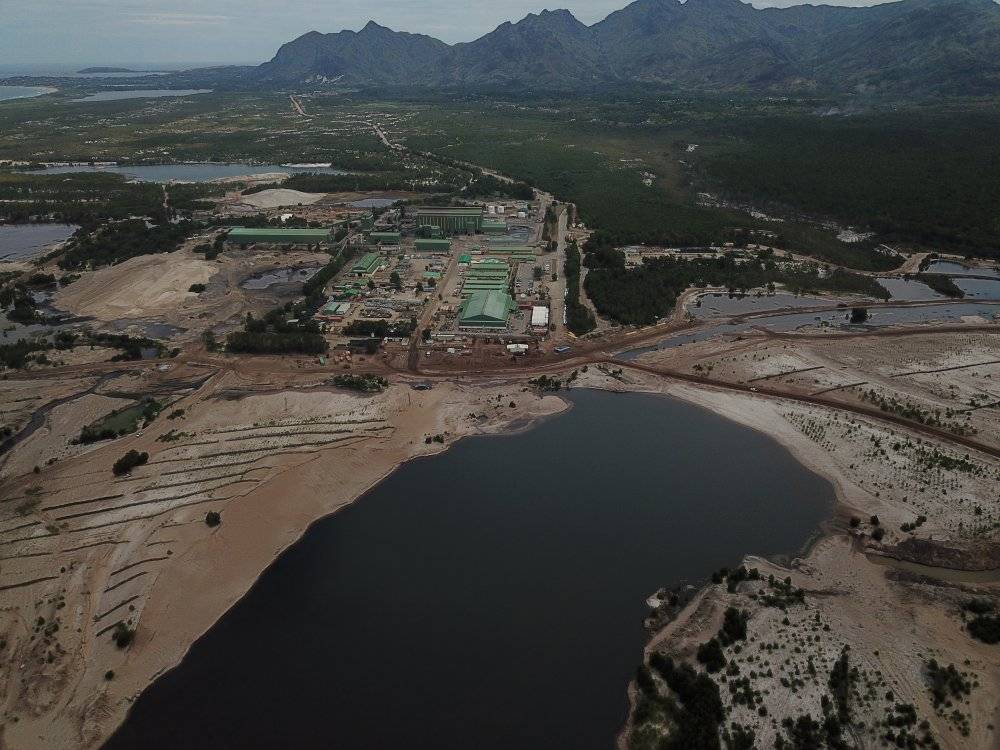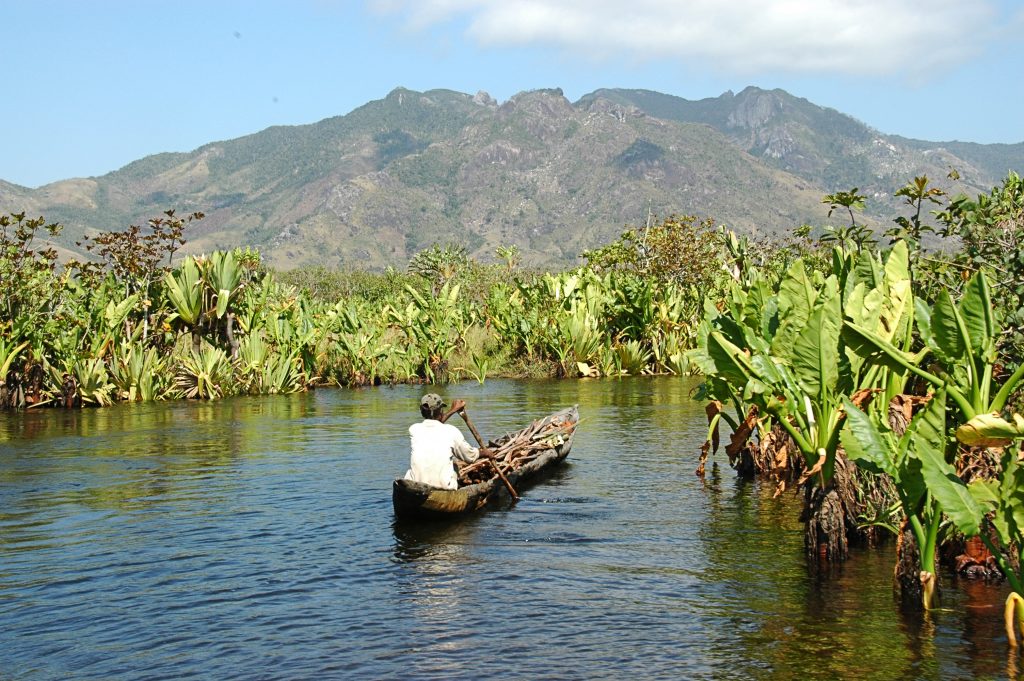
Following the public release of the QMM Water Report 2021-2023 and the 2023 JBS&G radiation report, the Andrew Lees Trust (ALT UK) requested independent hydrology and radioactivity experts to review the studies and their findings.
The experts’ analyses have now been published by ALT UK and show that ongoing vigilance and caution are necessary with regard to water quality and radiation exposure – especially for the most vulnerable groups, around Rio Tinto’s QMM mineral sands operation in southern Madagascar.
The independent hydrology and radioactivity experts’ analyses are now available on the ALT UK website HERE
Nothing in the 2023 QMM or JBS&G reports have been found to confirm or assure that the mining company yet has the QMM contamination and water quality management issues under control, or support its claims. This is signified, in part, through data quality problems and study limitations that are explained, in summary, in our latest March 2024 Briefing, together with ongoing transparency challenges (eg Rio Tinto/QMM’s withholding of relevant studies).
Analysis of all the data confirmed “the detrimental impact of the QMM mine on regional water quality” (Emerman 2024).
See the March 2024 Briefing on QMM ENGLISH VERSION here
“The level of confidence in the conclusions presented in the (JBS&G radiation study) report cannot be determined quantitatively because of limitations of the study design” (Swanson 2024).
VERSION FRANÇAISE de Briefing disponible ici
Water quality around QMM has been a concern for local communities for many years, including in relation to livelihood losses and health, and consequently at the root of multiple protests and conflict in the region. The conflicts have given rise to wider human rights violations and concerns around the Rio Tinto/QMM mine.
ALT UK with Publish What You Pay Madagascar continue to press Rio Tinto, the parent company of QMM, for an independent water impact assessment that could offer a neutral and inclusive process (for communities and stakeholders) and provide the basis for improved transparency around QMM water quality, help build informed consensus, resolve and remediate issues, and thereby promote greater stability in the region.
The Trust is also collaborating with other civil society actors who are raising issues about water quality and water governance around Rio Tinto mines in other locations, both for proposed, existing and legacy mine sites. They are all, alongside the company’s investors, pressing Rio Tinto for a commitment to independent water impact assessments and for appropriate remedial actions identified through such processes.
A recent article about Rio Tinto’s aluminium facilities in Canada exposes a whistleblower’s insights about the company’s alarming behaviour in relation to water management, and highlights the need for increased transparency and governance around water at Rio Tinto operations around the world – and around all mining operations globally. Water is life!

This research forms part of the Trust’s ongoing advocacy work in solidarity with Malagasy civil society and local communities in Madagascar.
